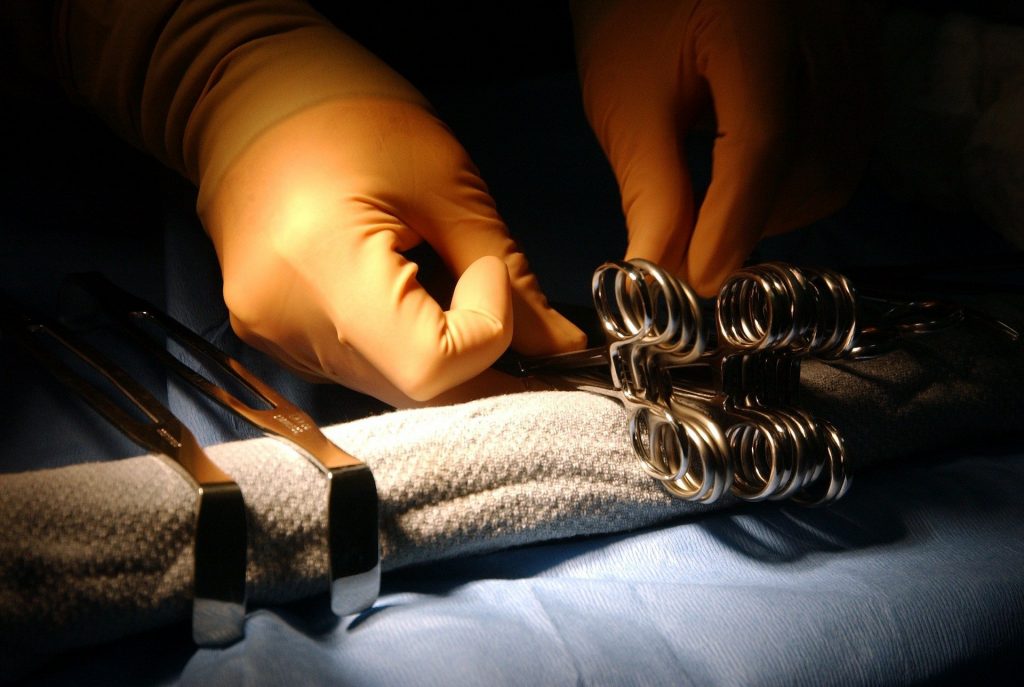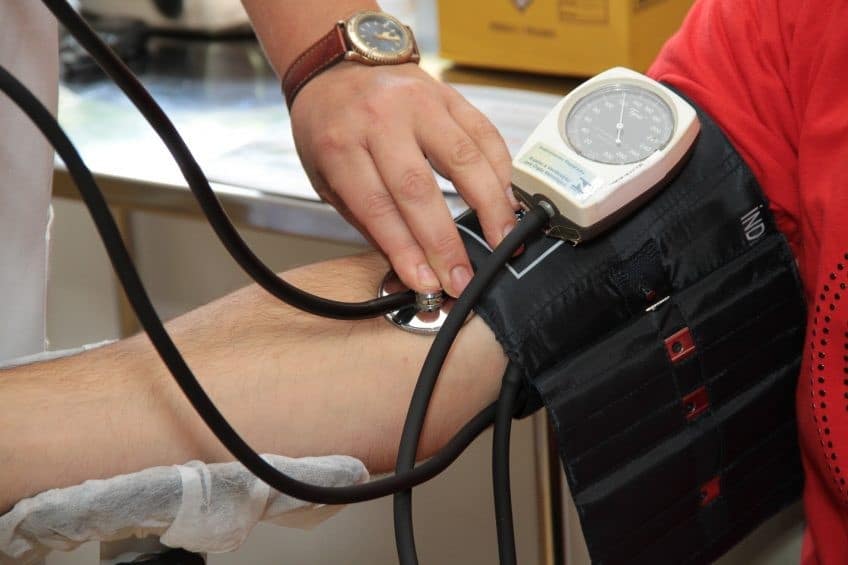BayCare Hospital System Introduces eCare for ICU Patients
Medical MalpracticeBayCare Hospital systems recently implemented a system it calls eCare, which is supposed to remotely monitor ICU patients from a central location. BayCare claims that the system will improve patient safety by allowing an “extra set of eyes and ears” to monitor patients at all times. BayCare is conglomerate of 14 hospitals that includes Winter Haven Hospital, Bartow Regional Medical Center, and South Florida Baptist in Plant City. Studies conducted by a company called Leapfrog suggest that patients deaths can be reduced by as much as 40 percent if a hospital relies on specially trained “intensivists” who are board-certified for the management of patient care. BayCare told The Ledger that they are seeing reductions in patients’ length of stay in the ICU and a reduction in complication rates. eCare operates with an HD camera is every room that is connected to a central communications center with five workstations. BayCare says that each workstation has a set of six computers that connect to bedside monitors, medical records, and audio-visual equipment that can do “safety checks” on equipment and patients.
BayCare says that the central communications center is staffed with two certified critical care nurses at each station. They oversee data and “provide support” for 45-50 patients. Throughout the night shift (7 p.m. to 7 a.m.), there will be at least one “intensivist” and one critical care certified advanced registered nurse practitioner on duty. eCare currently supports 226 ICU beds in 10 different hospitals. eCare’s operations command center is located in Pinellas County.
Is eCare Motivated By A Business Decision Or A Medical Decision?
The fact that BayCare says that eCare is already producing a reduction in the length of stay for patients in the ICU and is reducing the complication rate suggests that the hospitals involved were not adequately staffed to begin with. Further, it may also mean that these hospitals, even with the help of eCare, are still not adequately staffed. The Ledger suggested that Lakeland Regional Health Medical Center staffs its ICU with 24/7 intensivists on site and that LRH has done so since 2005.
My immediate concern after reading about eCare was whether remote monitoring of ICU patients is safe. While I cannot be critical of hospitals for trying to improve care, my concern from a legal perspective about eCare is whether a hospital that is understaffed in the first place is probably still understaffed even with eCare being implemented. If they were understaffed before eCare and then eCare is implemented but no new staff is added, then they are still unable to adequately respond to critical situations that can arise. One has to question whether eCare is really for medical improvement or whether it is merely a business not to hire the adequate amount of on-site staff needed to properly run the ICU. If a hospital is unable to adequately staff its ICU, then it perhaps should not have an ICU and should transfer all critical patients to other hospitals that do have adequate staff. Keeping patients at an inadequately staffed facility is a risk to patient safety taken in the name of profit.
Five BayCare Hospitals Scored Worst In The Country At Staffing ICU’s
The Ledger reports that five BayCare hospitals scored among the worst in the nation for staffing intensivists in there ICU’s. Winter Haven Hospital was one of those hospitals ranked worst in the nation. While eCare may be an improvement for these hospitals, understaffed ICU’s are still clearly a problem. An intensivist at a remote location cannot help out in the even that a patient codes or otherwise has an emergency. Because eCare monitors patients remotely and alerts the staff who are actually on the floor to events going on, eCare may actually serve to document how understaffed these hospitals really are. Leapfrog reports that telemedicine such as eCare can reduce death rates by 15 to 30 percent, however, also says that telemedicine is not as effective as onsite intensivists.
Why Would You Go To A Hospital That Doesn’t Follow Recommendations On Adequate Staffing?
If telemedicine in the ICU can prevent deaths at the rate of 15 to 30 percent, then think of how understaffed those hospitals were prior to implementing it and how many medical malpractice claims should have been brought. If those numbers are accurate, a full scale audit of the adverse incidents at those hospitals should be in order and the families of patients who died as a result of an adverse incident be notified because their loved ones died as a result of understaffing (which is a business decision and not a medical decision).
Call An Attorney For An Opinion On Your Case
If you received medical care in a hospital that resulted in injury or death to a family member because of inadequate staffing, you should contact a Lakeland medical malpractice attorney for an opinion as to whether you have a case against the hospital. If the complication that either you or a loved one received seems like it should not have happened, you should try to see if that complication could have been prevented.


